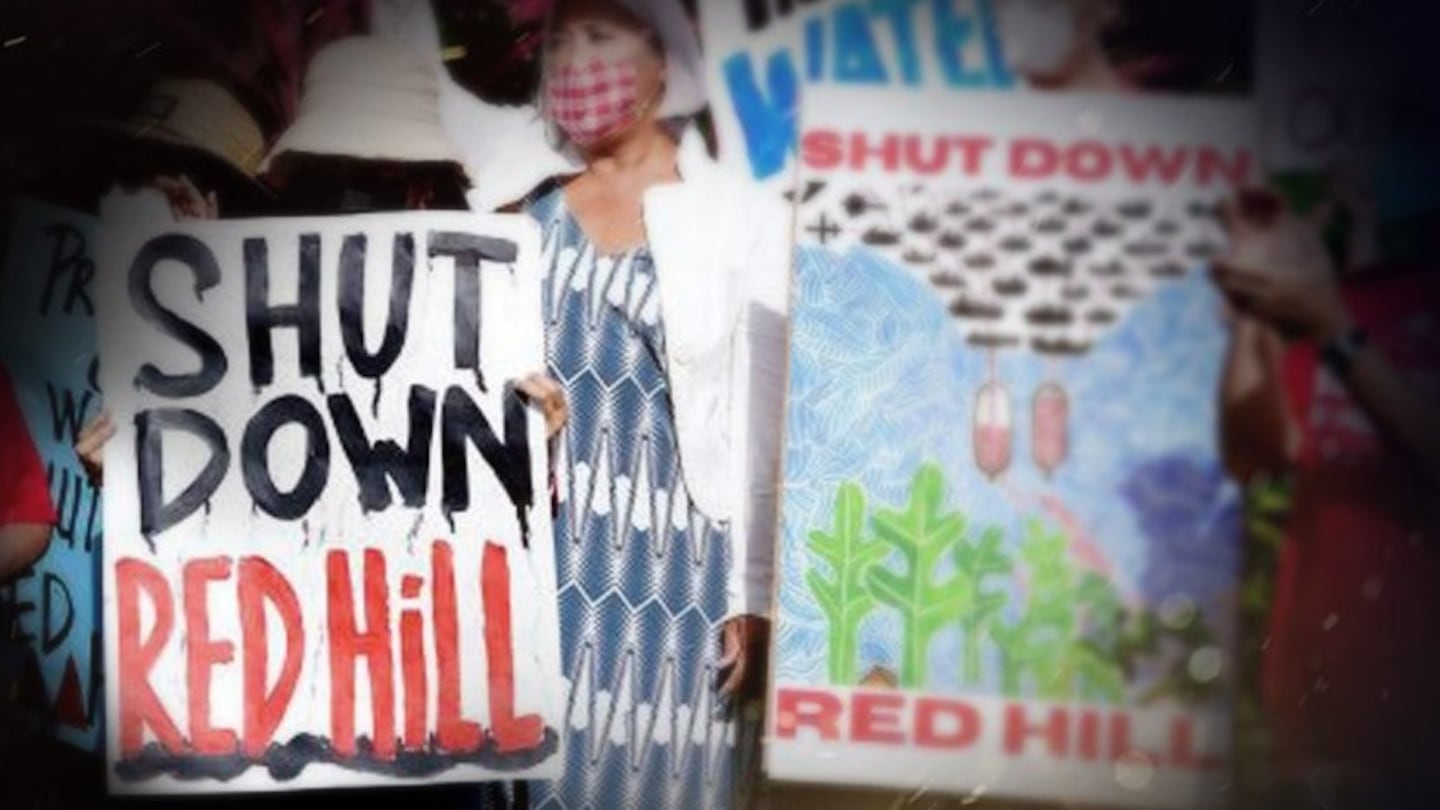Hawaiian activists are calling on the US Navy to shut down its jet fuel storage facility on the island of Oahu.
The Oahu Water Protectors claim a leak in 2021 into an aquifer poisoned nearly 100,000 residents. It also says the navy is aware of the issue but has done nothing to remove almost 400 million litres of jet fuel from damaged underground storage tanks.
"All it will take is a natural disaster or an earthquake, then fuel will haemorrhage from that facility," says Dani Espiritu of the activist group.
Over 100 million gallons of fuel have yet to be removed from the deteriorating tanks, which the facility was first built in the 1940s by the United States military.
Should the jet fuel keep leaking into the aquifer, it will mean much more devastation, not only for the people but also the island's waterways and natural springs.
Oahu Water Protectors want the jet fuel facility gone.
Continuing sickness
Those affected by the leaks are having to go through surgeries to get better.
"[Families] were bathing their kids in it, they were drinking and cooking with water with jet fuel with other carcinogenic chemicals that the military is still refusing to disclose. So folks are experiencing ongoing symptoms."
Espiritu says the steel liner's thickness is only a quarter-inch - "the width of tin foil".
"Essentially we're not just talking about cultural genocide but the genocide of a people."
Even in March 2022 when the facility was shut down due to reduced military need and September of the same year saw the safe de-fuelling of the facility approved by the Pentagon, Espiritu says no fuel has come out.
Prolonged process
"In addition, folks that are poisoned have still not been compensated for their medical expenses. There are people on the water line that the navy distributes water to - they're being forced to drink that water."
"They're being told it is safe but are still experiencing symptoms, rashes, babies are getting sick.
"What we've been seeing is a lot of delaying, denying, that there are issues. It's kind of prolonging the process which, because of the state of the facility is time we don't have."
US Secretary of Defense Lloyd Austin announced last March that the military planned to close and de-fuel Red Hill. The EPA announced a proposal in December for a voluntary regulation agreement to safely close and de-fuel Red Hill and protect its drinking water system.




